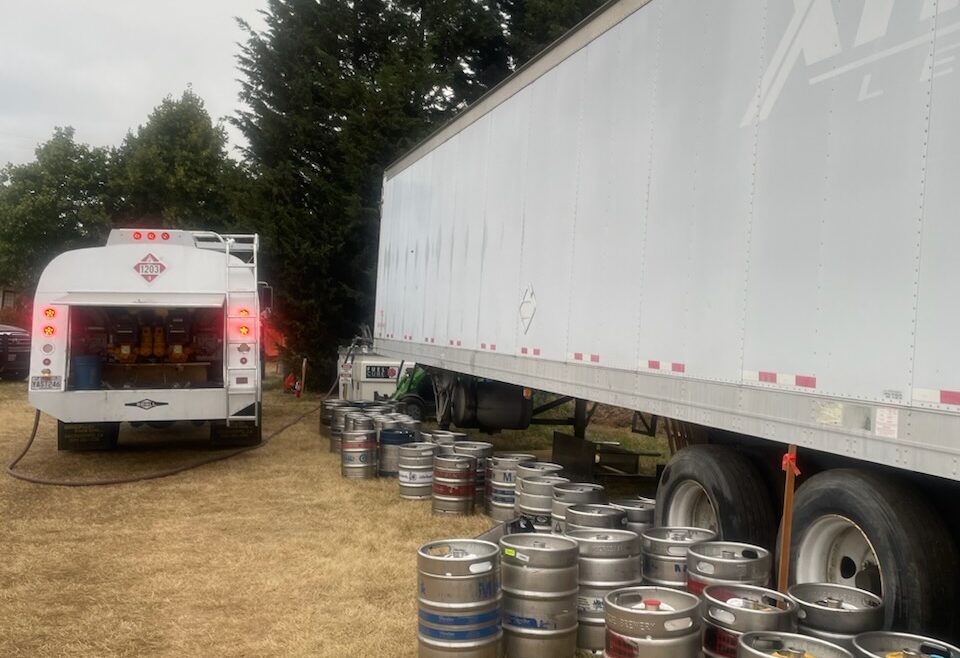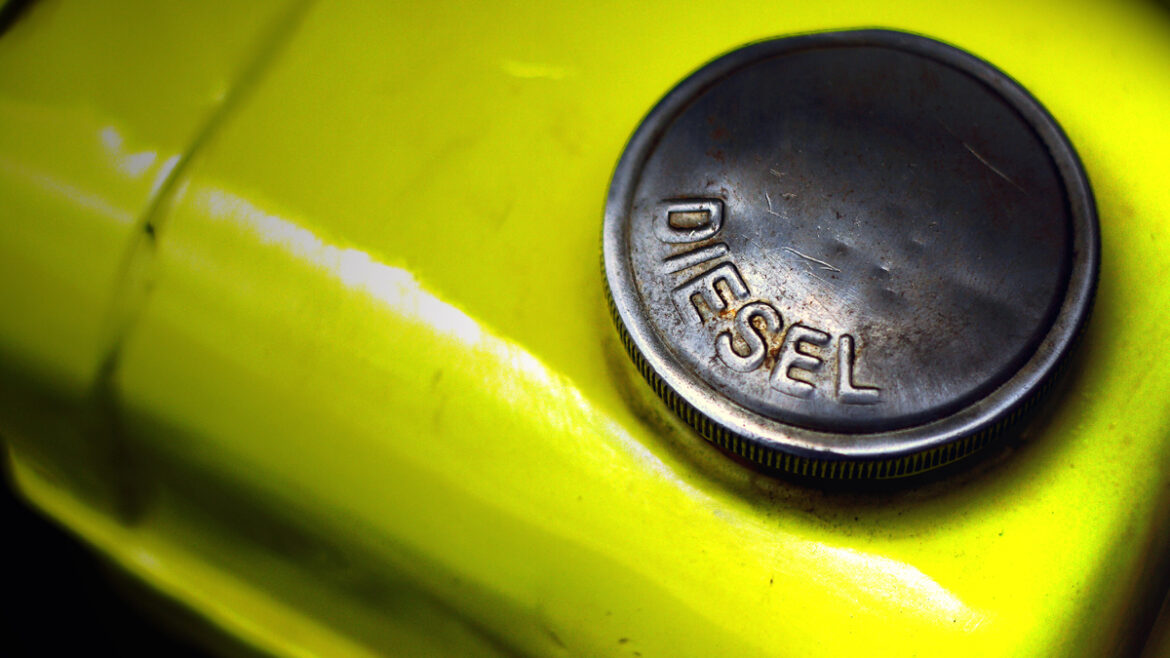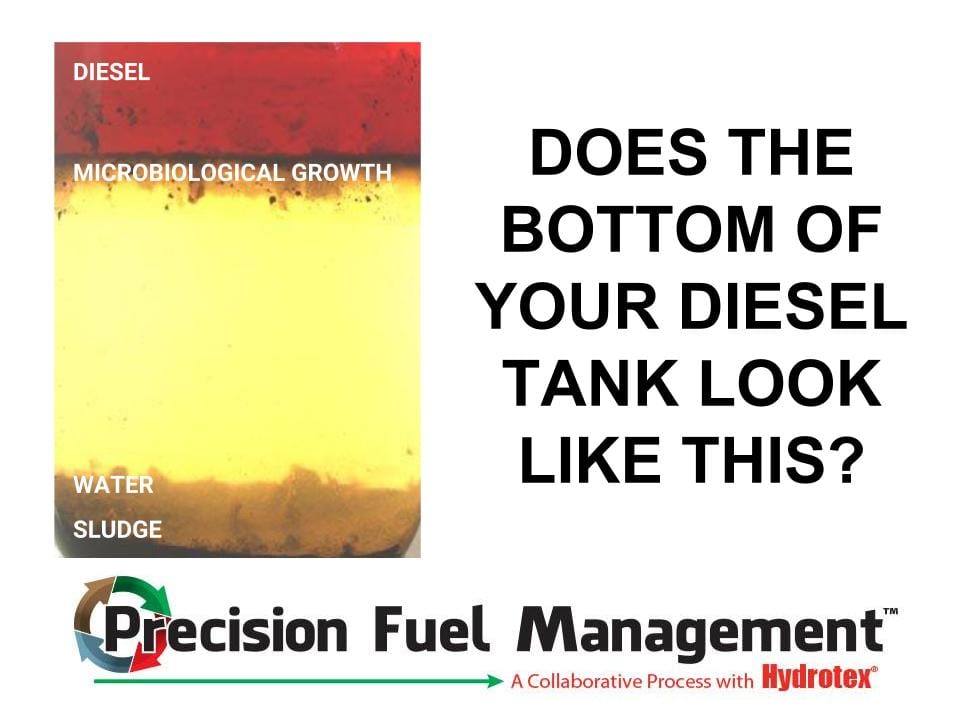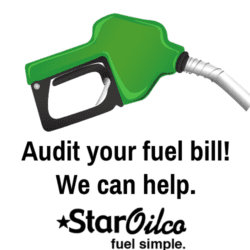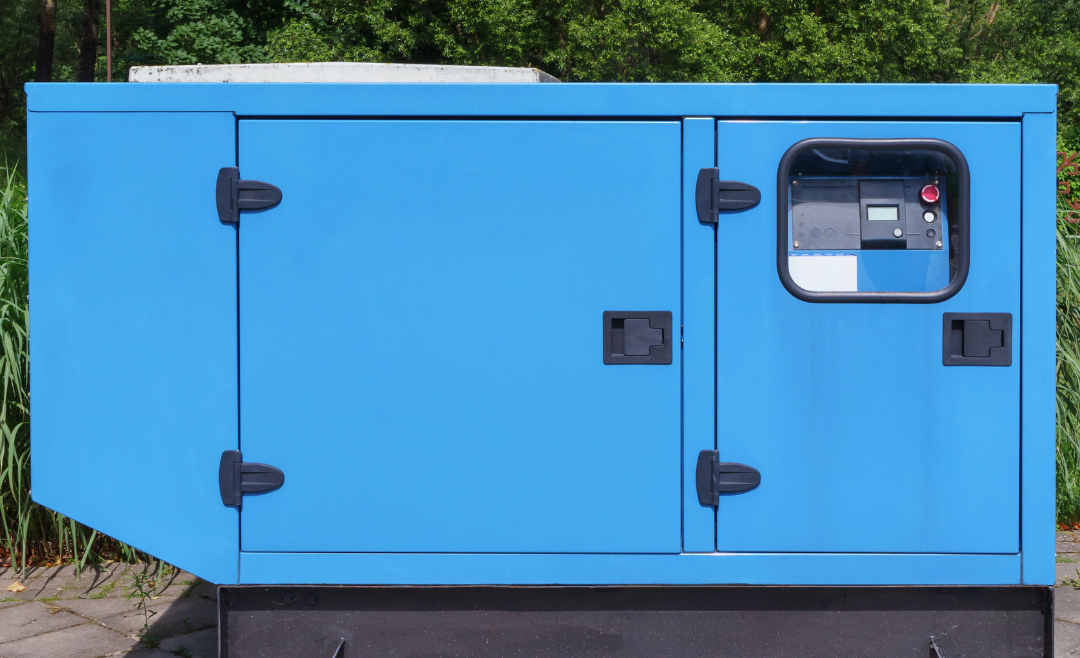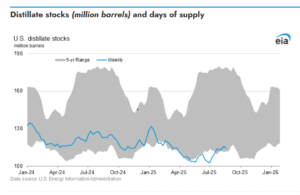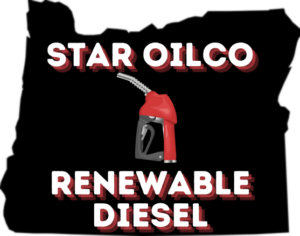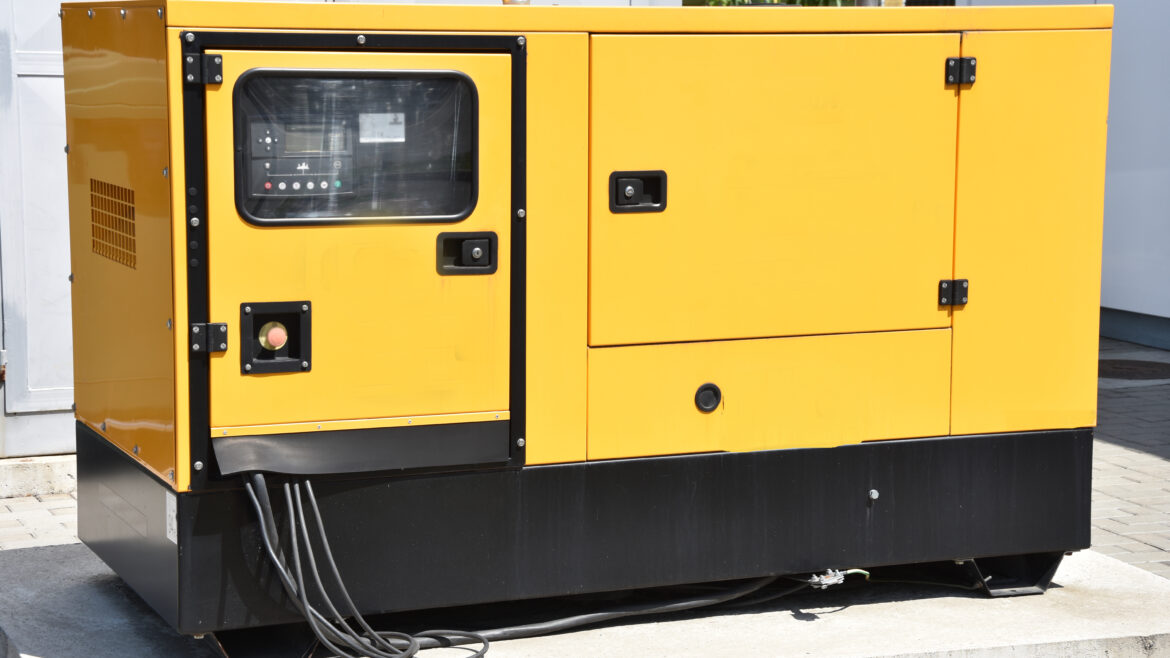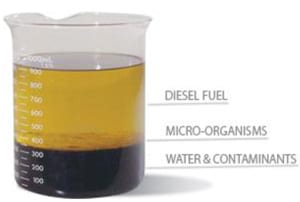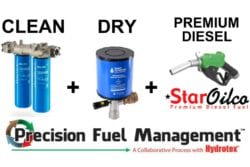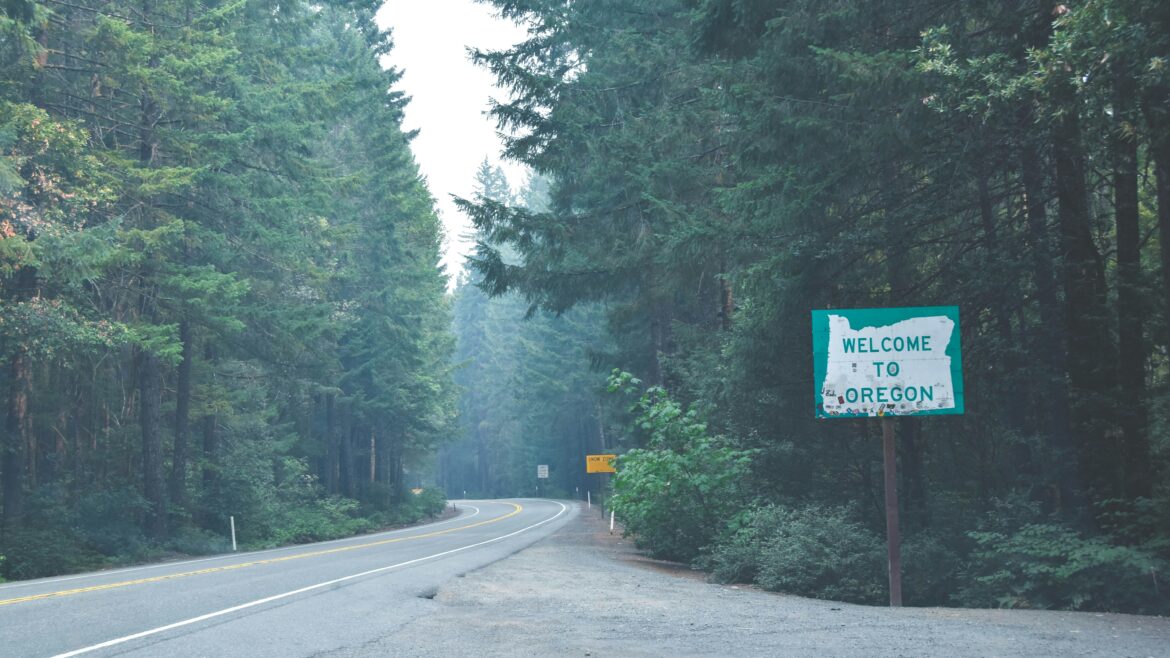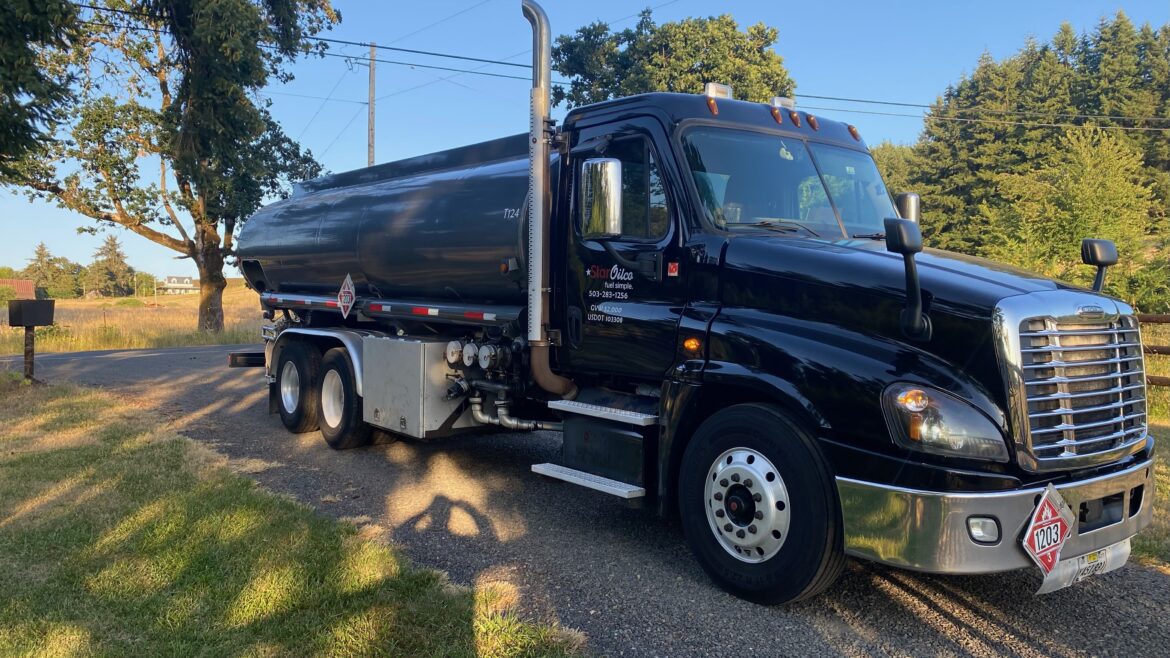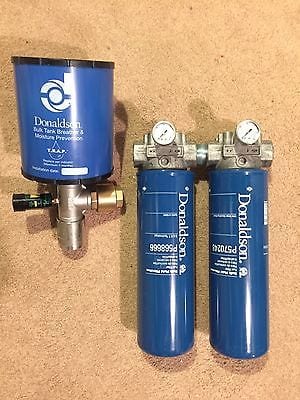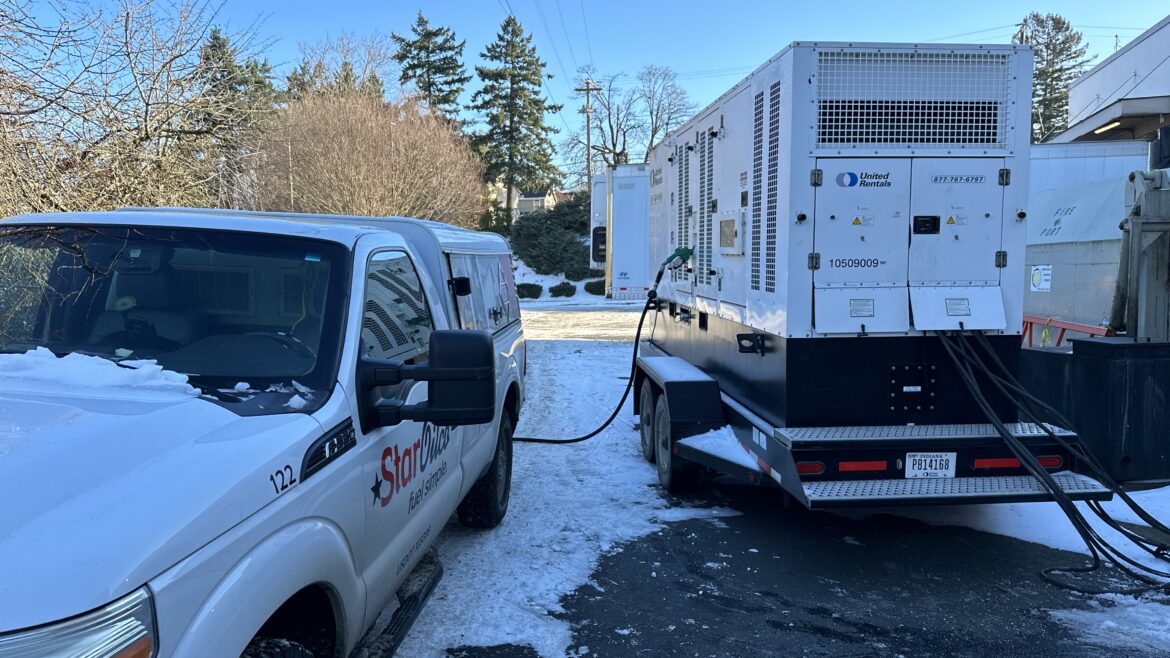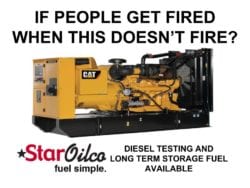Documenting Fuel Theft – A Wex Article 4 Step Approach
Wright Express Fuel Cards versus Fuelman Fleet Cards for small business
Wright Express (also known as WEX) has a great article for corporate fuel buyers on the best practices when documenting and confronting fuel theft.
WEX: Tips for enforcing proper fuel card usage and preventing employee theft.
A few things they left out that Star Oilco would include. As a Pacific Northwest Commercial Cardlock provider serving Oregon and Washington, we approach things a little differently than a credit card concept like WEX. We accept and love working with WEX, Voyager, Comdata and other fleet cards but still like personalizing the security of a fuel card to the use of it. Call your current fuel vendor (or call Star Oilco) and review your security features. If you suspect there is fuel theft, rather than watch it happen just eliminate the places it can occur. With either CFN or Pacific Pride networks the features are inherit and we can help you guarantee they are being used correctly.
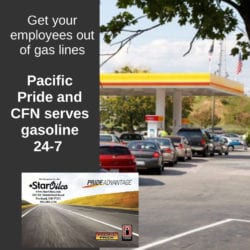
The Four Step Approach to Fuel Card Management
When a customer tells us they suspect fuel theft this is what we recommend to do with either CFN or Pacific Pride cards:
- Establish a no tolerance fuel theft policy and have every employee sign it. This policy includes an acknowledgement by them they have a secret PIN unique to them and if it is used they are responsible for it. So if there is theft with their PIN they can be fired for that theft.
- Now that all users of your company vehicles have a unique PIN code. Attache their name to the use of that PIN. So when you get your fuel bill, the actual names of the users of the cards is there next to the transaction. Just this best practice (and sharing this evidence with your team) will keep honest people honest. If they know their name appears to the transaction they will think about ownership of their actions.
- Ensure you have set limits on the cards to line up with the needs of the business. Attach the fuel cards to the vehicle that uses them. Then make sure the fuel type and volumes allowed line up with that vehicle. If a vehicle is diesel, that fuel should be the only fuel allowed to be used. If that vehicle has a 30 gallon or 100 gallon tank set limits so no more than that can be fueled in a given day. Just limiting the fuel volume to the tank size of a vehicle can eliminate most of the fuel theft that would occur. Also you can limit the time of day as well as weekends. If a fleet isn’t on the road after 6pm, you can guarantee no fuel theft occurs after 6pm.
- Turn over the cards by having all drivers/staff turn in their old cards. Then re-issue those cards attached to the key-rings of the fleet keys. Star Oilco can provide a card older designed to go on the vehicle key-ring to make this a no cost easy reform.By doing those things which is an easy project you will knock out most of the opportunity for theft as well as send a strong signal to your team that fuel theft is not okay. Honest employees will understanding clearly that theft is occurring and is not okay, the dishonest employees will know to immediately stop. If theft continues it will also be very easy to spot as the name of the thief will appear on the bill alongside the transaction. That combined with a No Tolerance Fuel Theft policy will make removing the fuel thief an easy proposition for you regardless of your state of operation.If you do business in Oregon and Washington and have questions about securing your fuel purchases.
For more on how to stop fuel theft in your small business please see the Star Oilco whitepaper on securing your fleet cards at StarOilco.com/Stop-Fuel-Theft/ for a strategy on saving your business from the pain of managing drivers from stealing.
Call Star Oilco’s Sales Team at 503-283-1256 for an complementary audit of your processes and how we can give you peace of mind and less to worry about in your business.


